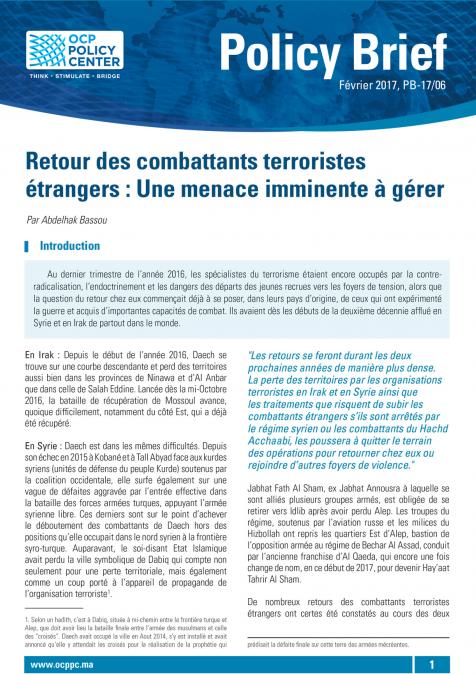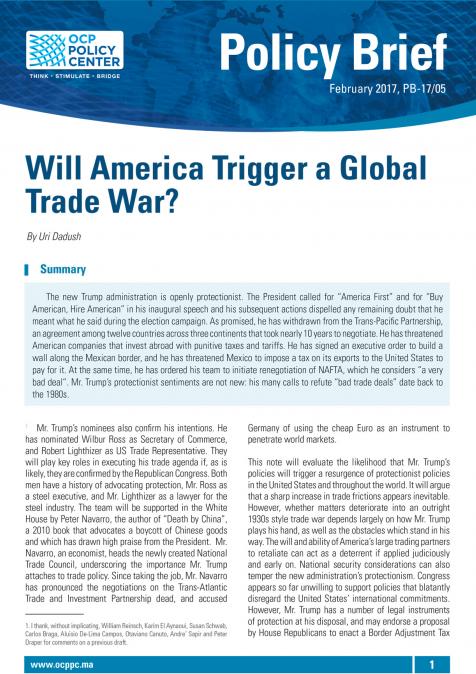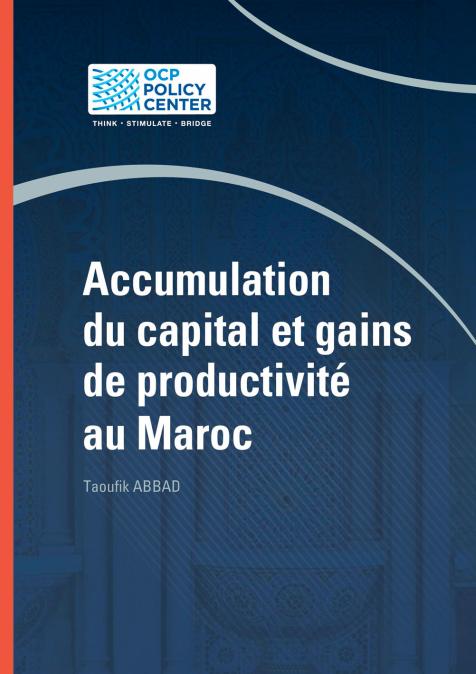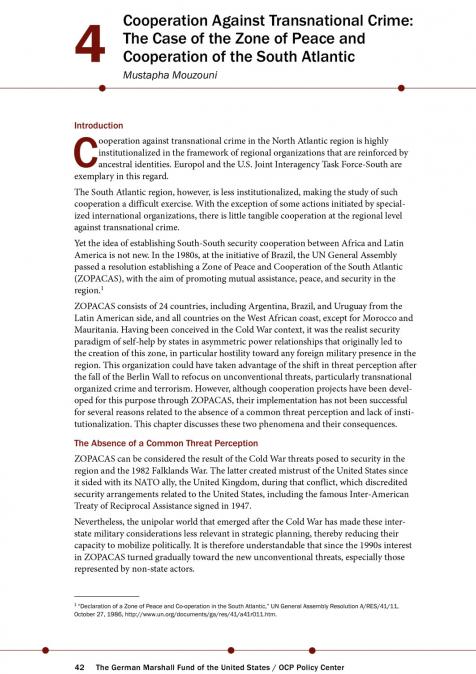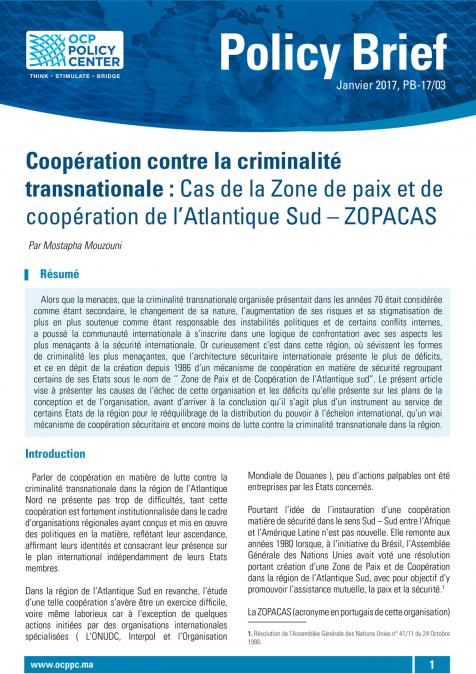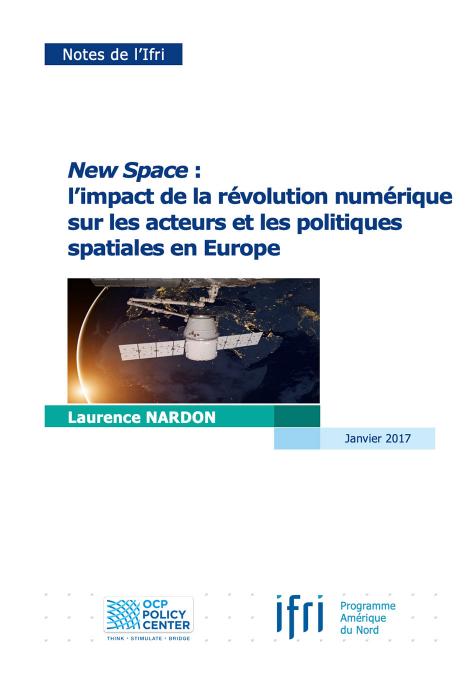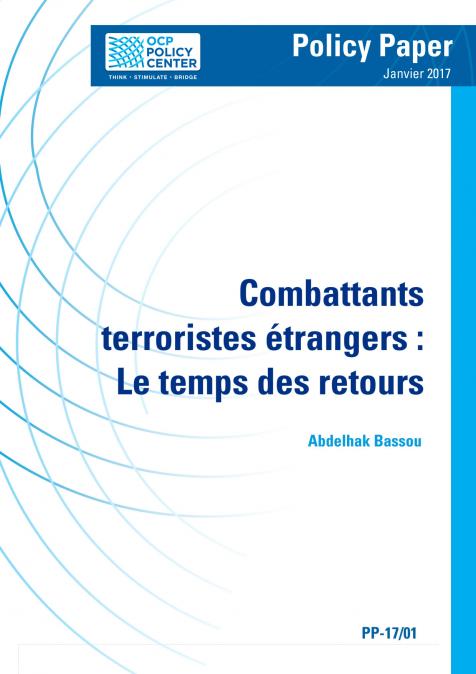Publications /
Opinion
جريا على عادته في الاستفادة من المناسبات للتواصل بين زعامة التنظيم و أتباعه، اغتنم زعيم تنظيم القاعدة ذكرى أحداث الحادي عشر من أيلول/سبتمبر الإرهابية، التي ضربت الولايات المتحدة سنة 2001 لتوجيه تعليمات قد تعتبر جديدة أو مجددة لأتباعه في كل بقاع العالم
وضع الظواهري رسالته تحت عنوان: "كيف نواجه أميركا؟". يثير هذا العنوان بعض الاستغراب: هل يدل الظواهري أنصاره على الطريقة التي يجب أن يحاربوا بها أميركا بعد مضي أكثر من ربع قرن على اندلاع هذه الحرب أم أن ثمة أمر جديد يقتضي إما التذكير بأمور قديمة أو مد القاعدة بتعليمات جديدة أو خطط محدثة على الحرب ضد أميركا؟
"تجيبنا إحدى الفقرات الأولى من خطاب الظواهري: "يجب أن نفهم طبيعة عداء الكفار المعاصرين للإسلام و المسلمين في إطاره الصحيح
وكأن الفهم الذي ساد حتى الآن عند تنظيم القاعدة لم يكن موضوعا في إطاره الصحيح، يريد زعيم القاعدة أن يصحح إطار فهم طبيعة عداء الكفار المعاصرين للإسلام، ومن ثم تفسير كيفية جديدة لمحاربة أميركا زعيمة هؤلاء الكفار.
أول نقطة يثيرها الظواهري هي قضية الأصل والدافع في هذا العداء. نقطة يثيرها أو بالأحرى يصححها.
يذكّر الظواهري أتباع القاعدة أو يلفت أنظارهم إلى رؤية جديدة: عداء أميركا للإسلام والمسلمين ليس سياسيا ولا اقتصاديا، وليس طمعا جغرافيا أو هدفا توسعيا. هو بالنسبة للظواهري عداء ليس ذو صبغة جيوسياسية، بل عداء ديني محض. إنه عداء ذو طبيعة دينية تتمثل في معادات اليهودية والمسيحية للإسلام. وينعت الظواهري اليهودية كلها بالصهيونية والمسيحية كلها بالصليبية. والخلاصة عنده أن الإطار الصحيح والحقيقي للعداء الغربي للإسلام، هو عداء صهيوني صليبي لا غير.
فأول خانة في الإطار الذي يجب أن يوضع فيه هذا العداء ، عند الظواهري، هي خانة الدين
الوصف الثاني الذي يسم به الظواهري عداء أميركا للإسلام هو الشمولية. ليس هناك قطر أو بلد مسلم لا يشمله عداء أميركا. يسرد زعيم القاعدة الكثير من الأقطار الإسلامية دون أن يترك بلدا أو رقعة من البقاع الإسلامية من كشمير وباكستان وأفغانستان إلى إفريقيا الغربية ومنطقة الصحراء الساحل مرورا ببورما والفلبين والشيشان والبوسنة والعراق والشام وفلسطين وجزيرة العرب ومصر والسودان والمغرب الإسلامي الذي خص بالذكر منه ليبيا والجزائر
الخانة الثانية في الإطار عند الظواهري هي الشمولية الجغرافية،
بعد ذلك يؤكد الظواهري على تعدد الجبهات ووحدة المعركة بالنسبة للتنظيم، ويستغل الظواهري هذه النقطة ليدعو إلى حرب ضد أميركا من طرف كل المسلمين بمختلف جنسياتهم، وعلى كل الواجهات سواء عسكرية أو اقتصادية أو سياسية
قد تختلف التأويلات لخطاب الظواهري بين من يرى أنه مجرد روتين دأب عليه زعماء التنظيم منذ سنوات، ومن يظن أنه محاولة للظهور لتفنيد ما يقال عن اختفاء القاعدة وأفول نجمها أمام غريمتها داعش
ولعل التأويل الثاني، في نظري، أقرب إلى الصواب. فبالنظر إلى شبه استقلالية فروع القاعدة، بل وحتى شبه الاختفاء الذي يطال بعض فروعها كالقاعدة ببلاد المغرب الإسلامي، قد يصح القول بأن خطاب الظواهري يشكل محاولة لاستعادة المبادرة من طرف القيادة لتعطي، ولو في الظاهر، صورة التنظيم المركزي القوي والموحد. ولعل هذا ما دفع زعيم القاعدة للتأكيد على وحدة المعركة
إن المتتبع لفروع القاعدة، يدرك أنها لم تعد ذات اتجاه موحد كما كانت في السابق، عندما كان هدف كل أعضائها وفروعها محاربة ما كانت تسميه بالعدو البعيد، والغرب الذي تنعته بالصهيوني والصليبي
أضحت القاعدة اليوم كتائب متشتة لكل منها هدفه المحلي الخاص سواء تعلق الأمر بأفغانستان أو اليمن أو المغرب الإسلامي أو في المنطقة الهندوـ صينية أو سورية. كل هذه التنظيمات أصبحت ذات أهداف محلية، ولم تعد تحمل من القاعدة الأم إلا الإسم
أشار الظواهري إلى كون الأصل في العداء ديني محض، وإن كان تحت غطاء السياسة و الاقتصاد، وهو يريد من وراء ذلك تحريك النعرة الدينية حتى يصبح الصراع خارج الميادين التي يمكن أن تجد فيها الأطراف مجالا للتفاهم
من المعلوم أن الصراعات السياسية أو الاقتصادية أو المتعلقة بالمصالح جيوـ سياسية تجد طريقها إلى الحل مهما طال الأمد. أما الصراع الديني فلا مجال فيه للأخذ والعطاء، وهو بذلك صراع أبدي. وكأننا بالظواهري بدأ يخشى أن تحارب الفصائل المحلية لأغراض سياسية أو اقتصادية، وتسير في الأخير إلى التفاوض من أجل هذه الأهداف، فتندثر عقيدة القاعدة، ويبقى زعيمها بمفرده. ولعل ما تسير إليه الأمور في إدلب السورية، قد يدعو جبهة النصرة، التي سبق وأعلنت انفصالها عن القاعدة، أن تسير إلى أبعد من ذلك بقبول تسوية تحت غطاء المنتظم الدولي، خصوصا وقد أصبحت تقود تنظيما واسعا، هو هيئة تحرير الشام
يريد الظواهري إذن أن يذكّر الفصائل الفرعية الجهوية والمحلية إلى أن الصراع ضد الغرب، ليس صراعا مصلحيا محليا أو جهويا ينتهي بالتفاوض على تلك المصالح القريبة، وإنما هو صراع ديني كوني تكاد تكون لا نهاية له. صراع لا ينتهي إلا برابح وخاسر. ويذكّر فروع القاعدة أنها لا تصارع من أجل أهداف محلية أو مختلفة. يعتبر الظواهري أن المعركة "يجب أن تخاض في أي بقعة من بقاع العالم الإسلامي على أنها معركة واحدة ذات جبهات متعددة ضد عدو متحد
يظهر مما سبق أن خطاب الظواهري خطاب أزمة. أزمة خوف من أفول نجم القاعدة كتنظيم مركزي قوي يطيعه الأتباع، وتحوله إلى مجرد إسم أو علامة تجارية، تستغلها بعض الذئاب المنفردة لإضفاء الأهمية على عملياتها. وهذا ما يجعله يؤكد على وحدة المعركة، ويختار العدو الأوحد والوحيد، ليعيد وحدة جميع الفروع، في معركة يحدد هو ـ أي المركز ـ أهدافها و مقاصدها، وتعود القاعدة للظهور بمظهر الوحدة والقوة
قد يفلح الظواهري في مقصده وقد يفشل. إلا أن ما يجب وضعه في الحسبان، في إطار محاربة الإرهاب هو فرضية نجاح الظواهري في إقناع كل أو بعض أتباعه، بأنه يجب إقران الحرب على العدو القريب، الذي تخوضه كل الفروع التي تدعي مبايعتها للقاعدة في أوطانها؛ بالحرب على العدو البعيد الذي حدده في أميركا، وما يسميه الظواهري أدواتها، أي من يتبعها من الدول. إذا نجح زعيم القاعدة في هذه المهمة فقد يرى العالم، في الأسابيع أو الشهور المقبلة، موجة من عمليات القاعدة، وهو الأمر الذي يجب أن تعد له مصالح مكافحة الإرهاب العدة لتفاديه و إحباطه

